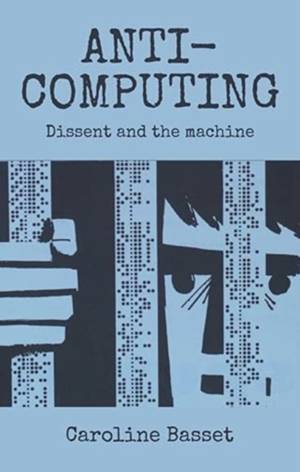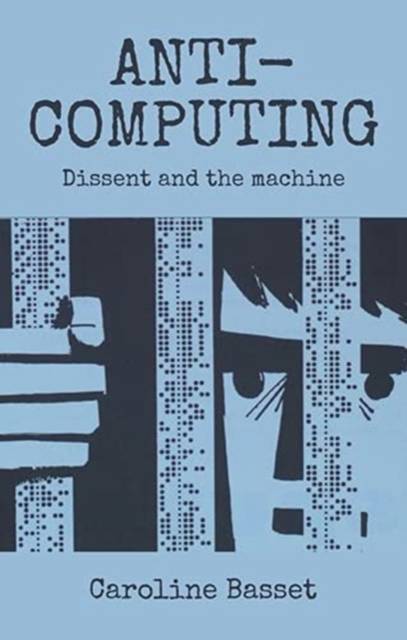
- Afhalen na 1 uur in een winkel met voorraad
- Gratis thuislevering in België vanaf € 30
- Ruim aanbod met 7 miljoen producten
- Afhalen na 1 uur in een winkel met voorraad
- Gratis thuislevering in België vanaf € 30
- Ruim aanbod met 7 miljoen producten
Zoeken
Omschrijving
We live in a moment of high anxiety around digital transformation. Computers are blamed for generating toxic forms of culture and ways of life. Once part of future imaginaries that were optimistic or even utopian, today there is a sense that things have turned out very differently. Anti-computing is widespread. This book seeks to understand its cultural and material logics, its forms, and its operations.
Anti-Computing critically investigates forgotten histories of dissent - moments when the imposition of computational technologies, logics, techniques, imaginaries, utopias have been questioned, disputed, or refused. It asks why dissent is forgotten and how - under what circumstances - it revives. Constituting an engagement with media archaeology/medium theory and working through a series of case studies, this book is compelling reading for scholars in digital media, literary, cultural history, digital humanities and associated fields at all levels. An electronic edition of this book is freely available under a Creative Commons (CC BY-NC-ND) licence.Specificaties
Betrokkenen
- Auteur(s):
- Uitgeverij:
Inhoud
- Aantal bladzijden:
- 264
- Taal:
- Engels
Eigenschappen
- Productcode (EAN):
- 9780719083785
- Verschijningsdatum:
- 22/02/2022
- Uitvoering:
- Hardcover
- Formaat:
- Genaaid
- Afmetingen:
- 140 mm x 216 mm
- Gewicht:
- 453 g

Alleen bij Standaard Boekhandel
+ 386 punten op je klantenkaart van Standaard Boekhandel
Beoordelingen
We publiceren alleen reviews die voldoen aan de voorwaarden voor reviews. Bekijk onze voorwaarden voor reviews.








